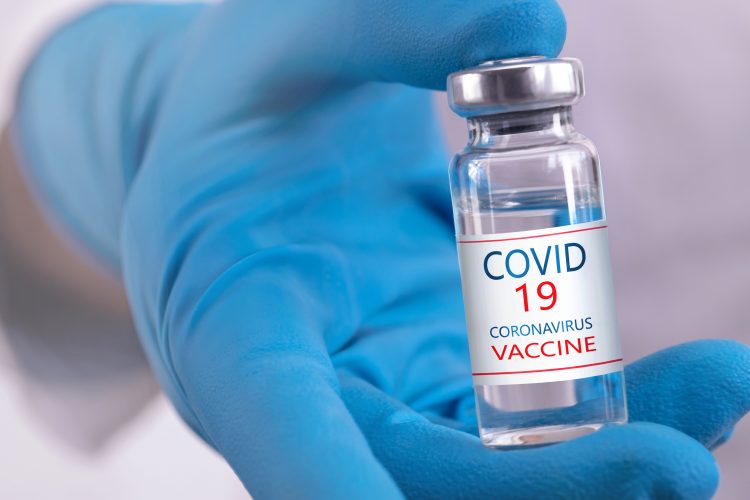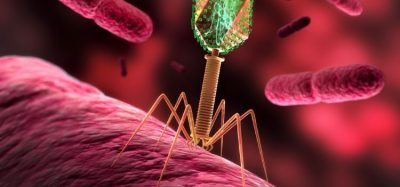Experimental COVID-19 vaccine mRNA-1273 is safe and elicits response
Posted: 15 July 2020 | Hannah Balfour (European Pharmaceutical Review) | No comments yet
Interim analysis of the Phase I trial data from 45 patients indicates mRNA-1273 can drive the production of antibodies targeting the SARS-CoV-2 spike protein.


The investigational SARS-CoV-2 vaccine, mRNA-1273, was generally well tolerated and induced a neutralising antibody response in healthy adults, finds an interim analysis of the data from the Phase I trial.
The vaccine candidate being co-developed by researchers at Moderna Inc and the National Institute of Allergy and Infectious Diseases (NIAID) is designed to protect against SARS-CoV-2, the virus causing the COVID-19 pandemic, and is currently being tested in clinical trials in the US. It is designed to promote the production of neutralising antibodies directed at a portion of the coronavirus’ spike protein, which the virus uses to bind to and enter human cells.
The interim report details the initial findings from the first 45 participants aged 18 to 55 years enrolled in the Phase I dose-escalation study at sites in Seattle and at Emory University in Atlanta, both US. Three groups of 15 participants received two intramuscular injections, 28 days apart, of either 25, 100 or 250 micrograms (μg) of the investigational vaccine. All the participants received one injection; 42 received both scheduled injections.
In April, the trial was expanded to enrol adults older than age 55 years; it now has 120 participants. Data for this age group is yet to be analysed or released.
According to the interim analysis, after the first vaccination, antibody responses were higher with higher dose, and following the second vaccination the antibody titers increased further and serum neutralising activity was detected in all participants evaluated.
No serious adverse events were reported in the group aged 18-55 years old. More than half of the participants reported fatigue, headache, chills, myalgia or pain at the vaccine injection site. Systemic adverse events were more common following the second vaccination and in those who received the highest vaccine dose. Data on side effects and immune responses at various vaccine dosages has informed the doses planned for use in the Phase II and III clinical trials of the investigational vaccine.
The interim analysis includes results of tests measuring levels of vaccine-induced neutralising activity through day 43 after the second injection. Two doses of vaccine prompted high levels of neutralizing antibody activity that were above the average values seen in convalescent sera obtained from persons with confirmed COVID-19 disease.
A Phase II clinical trial of mRNA-1273 began enrollment in late May and plans to launch a Phase III efficacy trial in July 2020 are underway.
The interim analysis can be found in the New England Journal of Medicine.
Related topics
Related organisations
Moderna Therapeutics, US National Institute of Allergy and Infectious Diseases (NIAID) will be initiated









